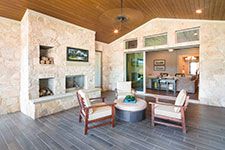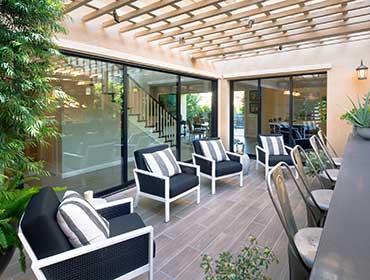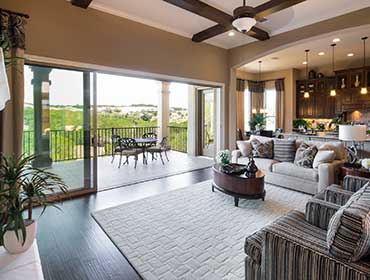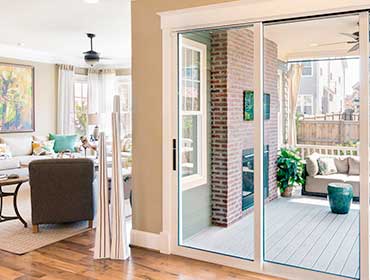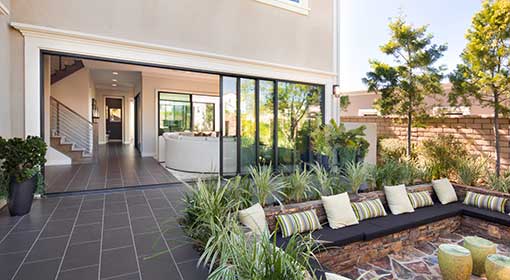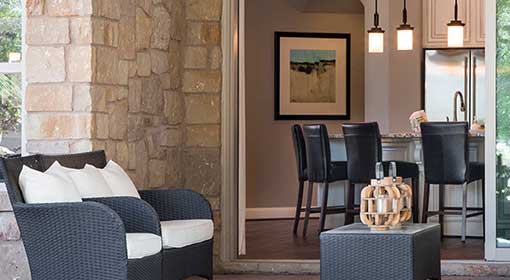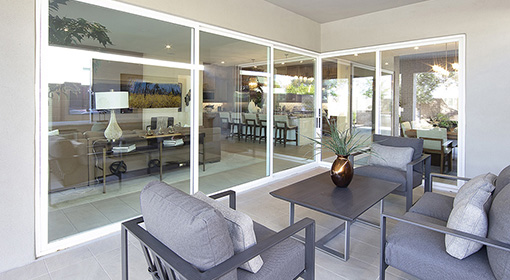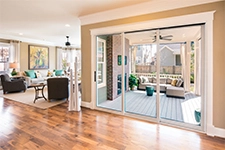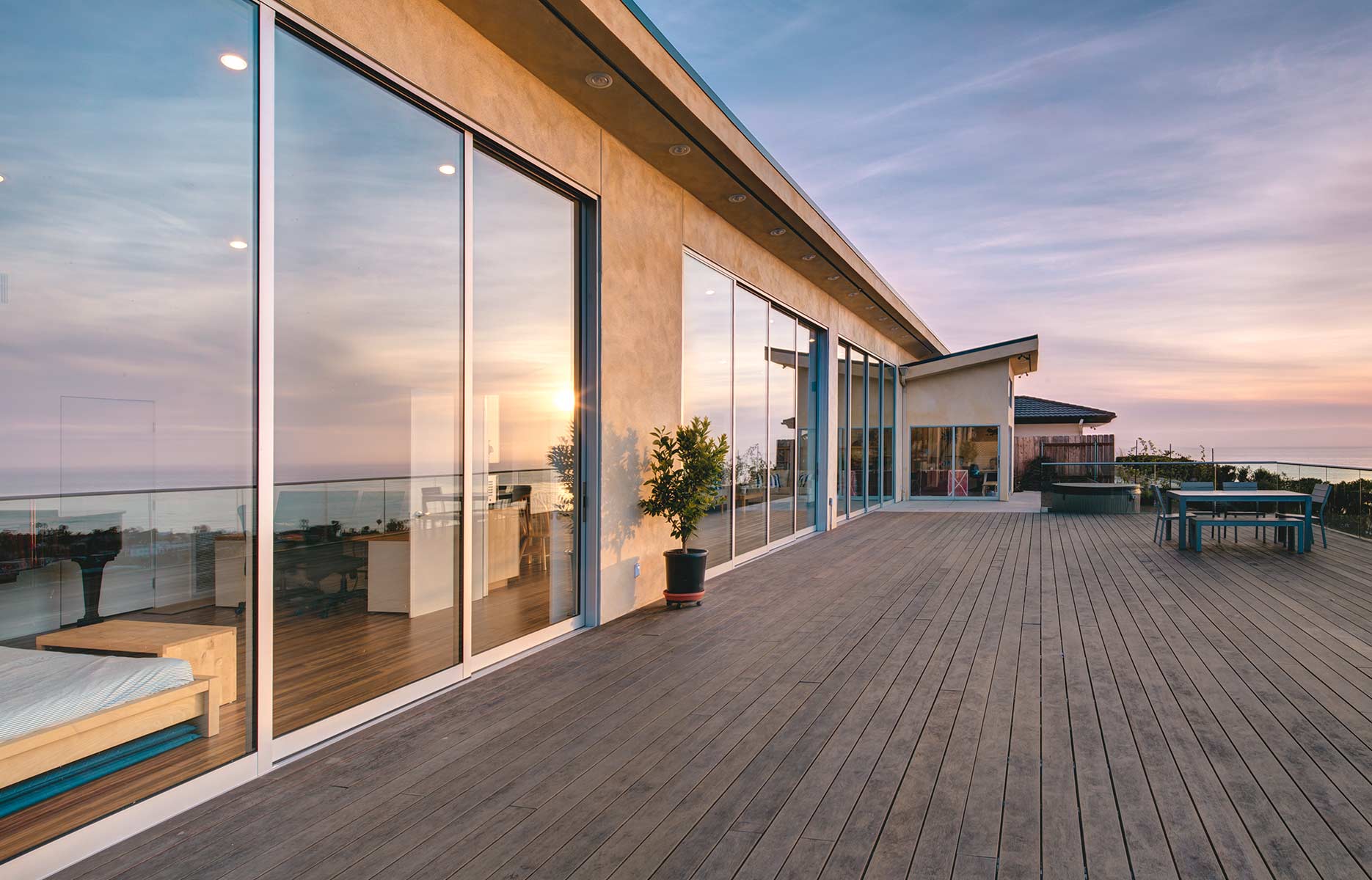Thanks to the thermal break (the addition of barrier materials such as polyurethane and glass fiber reinforced polyamide used in conjunction with extruded aluminum), even noteworthy structures like the Empire State Building, with its six-thousand-plus windows, can boast a reduction in heating and cooling costs. And while most industry experts know that thermally separating extruded aluminum doors and windows makes them more energy efficient, what they may not be familiar with is the condition known as thermal aluminum expansion.
Thermal expansion happens when the ambient temperature differs greatly from one side of the door to the other (think the direct rays of the sun on the door’s surface after a cool evening). This condition can cause the door to expand or bow.
Here are seven things to know about thermal aluminum expansion:
- Thermal expansion is a temporary, natural reaction; once the temperature differential is reduced, the door will return to normal.
- Thermal expansion does not affect the warranty of Western Window Systems’ products.
- The degree to which you’ll notice thermal expansion can depend on factors such as construction, length of exposure to the sun, and temperature.
- Thermal expansion can also occur in hot climates, where air conditioning creates the radical difference in temperature.
- Sheltering a door from direct sunlight by adding things like a porch, awning, canopy, or strategically planted trees can also help prevent thermal expansion.
- Lighter color finishes won’t eliminate thermal expansion, but they are usually the least susceptible to it.
- If possible, select non-thermally broken doors to help reduce thermal expansion when designing a project.
For questions or additional information about thermal aluminum expansion, contact your Western Window Systems representative.


